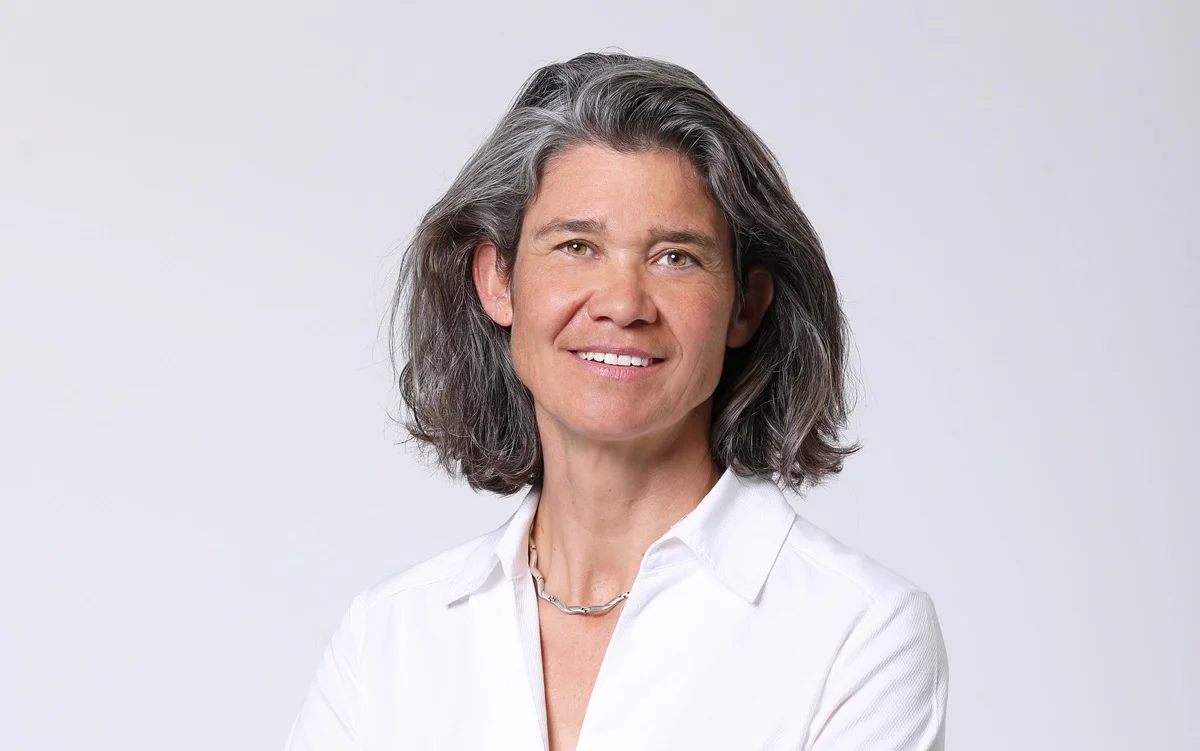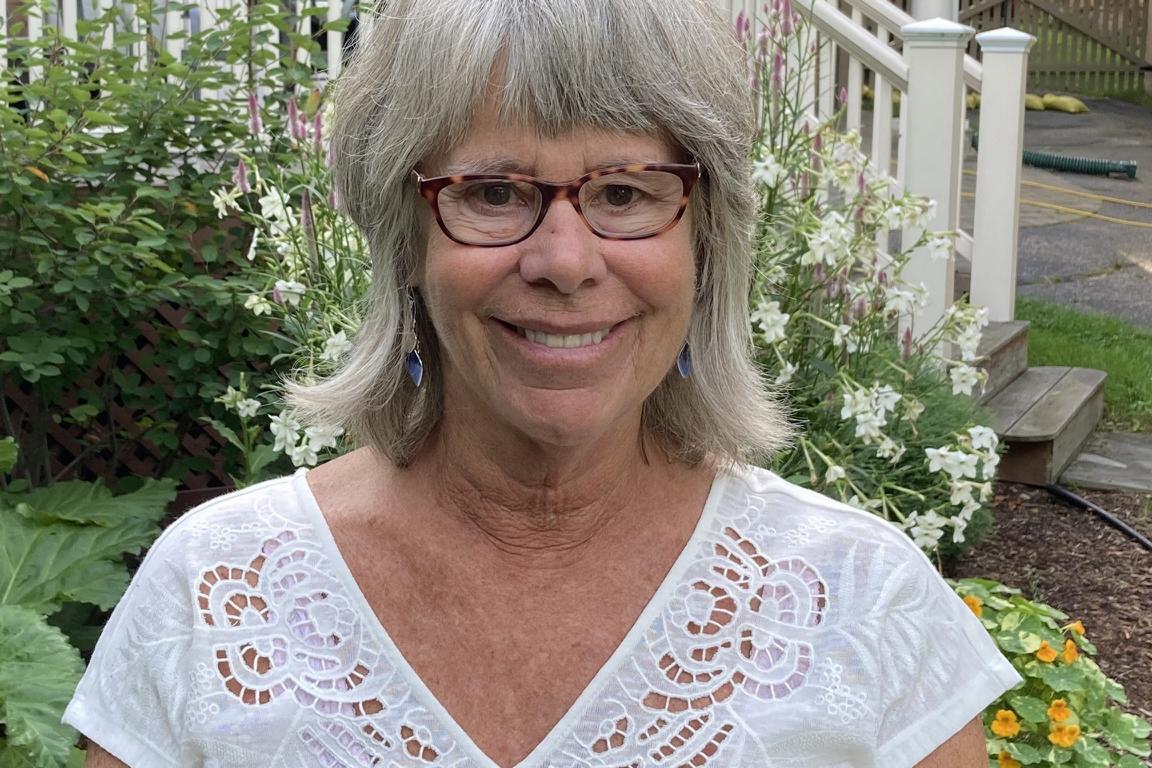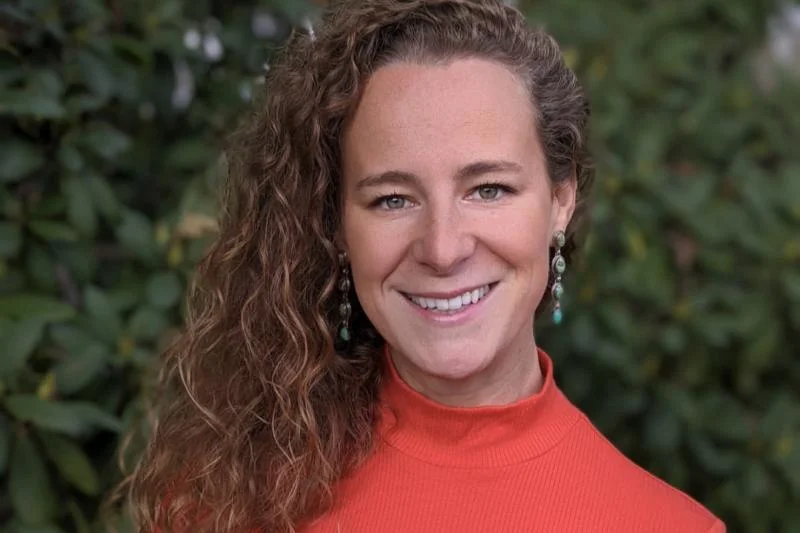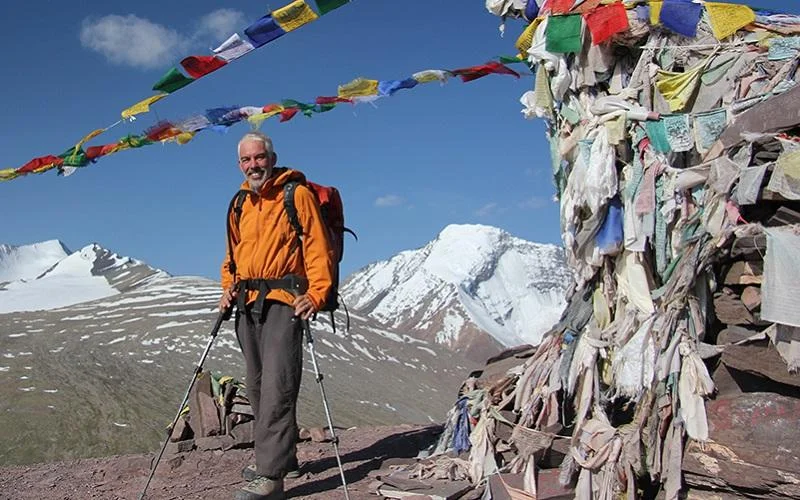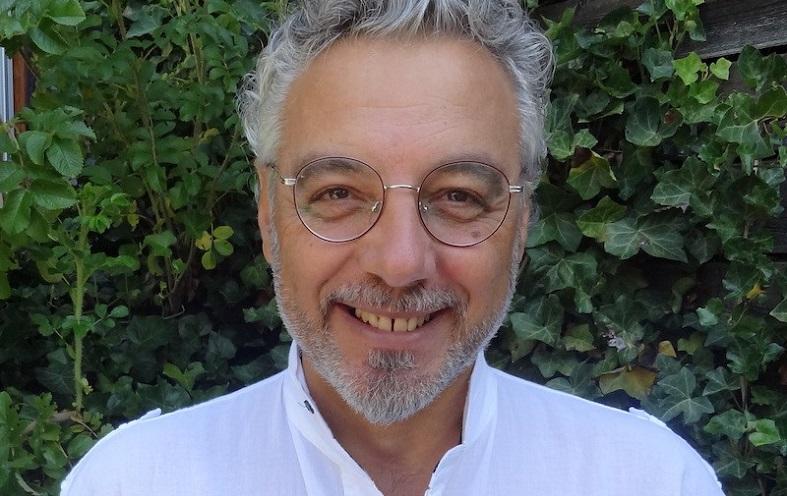
How can luxury work hand in hand with sustainability, in the hospitality industry?
Shoba Mohan, Founder of RARE India, is a strong advocate for ‘conscious luxury travel’ and made it her mission to help small, privately owned boutique hotels to improve their sustainability – environmental and economic. In our interview portrait, Shoba stresses that more awareness is needed to make sustainable travel the norm, expressing optimism that the younger generation will lead the way to live a conscious lifestyle and choosing eco-friendly vacations. Shoba also shares stories of resilience among these hotels in the wake of the pandemic and recommends us to use the pause in travel to upskill hotel employees.
Shoba, do you remember what got you interested in focusing your career on tourism?
I come from a small town on the eastern coast of India, which has to date not discovered the joys of world tourism. During my college and university, tourism was barely what I know it as today. But thinking back, travel, ‘experiences’ and conservation became a part of my life way back in the early eighties, though I did not know its relevance then.
Travel, because my father was in the Railways and by the time I was 30 years, I had journeyed to nearly most of southern and eastern India, all of it by train. Today, over 40 years later, having been in the travel and tourism business for close to 25 years, and the last fifteen years of which I have been exposed to conservation-based tourism, everything makes sense.
My first foray into the tourism business was, however, being married to a family who was known for their quality work in inbound tourism to India. That was my introduction to travel and also hence the fascination, which is still intact and is the wind beneath my wings.
You are the founder of RARE India – briefly, what is it about?
RARE India is a community of owner-led boutique hotels and often conceptual experiences that focus on conscious luxury travel. I founded the company in 2004 and our growth was an organic process of unravelling a potential idea, especially at a time when experiential travel was not as widely regarded as it is today. We began as a communication and marketing company to provide marketing support for small owner-run hotels in India and the subcontinent.
We were among the first to be in this space in India and consider ourselves and the community we represent as pioneers in promoting off-beat hotels, lead by visionary owners, often non-hoteliers, and bringing their destination hotels and experiences under the sunshine and stardust of tourism.
Which criteria do hotels need to fulfil to be able to join RARE India?
To be honest, this has been loose and for long a personally driven agenda. It is only in the last two years sustainability has become the centre focus and we coded it as ‘Conscious Luxury Travel’.
From the first hotel that came on board, the blueprint for the kind of hotels we seek was set out, even though our promotions and presentation still talked about views and amenities mostly. But we began to focus on community activities and destination-friendly experiences very early.
Our selection criteria are based on four main parameters: the owner’s engagement and his or her vision for the destination. Owners who are aware of the cultural, heritage, community and environment implications of their project tend to be conscious of their inclusion in the project’s narrative. The other parameters are: how the destination is presented to the traveller, what are the impacts on heritage and environment and, finally, quality in terms of location, design, and experience.
Typically, hotels we work with tick at least four to five of the attributes we promote as RARE Touchstones for Conscious Luxury Travel. We now have an Officer for the RARE Sustainability Quotient, who is GSTC-trained and constantly works with the hoteliers to help them self-monitor and stay up to date on the latest information in this arena.
We also constantly promote and engage partner hoteliers in ideas and innovations for the sustainable development goals through workshops, expert talks, and also introducing them to products and services which help them set out their agenda towards sustainable operations.
You aim to promote conscious luxury travel through two of your new initiatives – the RARE Travel Agency Network (RATAN) and the RARE Influencer Network (RAIN). How important is the luxury travel segment with regard to strengthening the sustainability of tourism and destinations?
The idea behind these initiatives is to create our own network of agents and influencers, whom we can speak to and train on the qualities of sustainable travel, what it encompasses, and also how to use this efficiently in promotions.
And I can tell you that it has been a great exercise to educate and to distribute the idea of RARE India to metropoles and tier-2 cities across the country. The focus here is the domestic market and also to create a change in the Indian traveller’s mindset.
At this point in time, most of our partners are in the mid to high-end segment, and hence reaching out to the luxury and discerning segment is probably our best bet to create interest and engagement for our hotels.
Indian consumers haven’t hugely embraced sustainable tourism yet. How can we encourage tourism industry players and travellers in the country to embrace sustainable travel?
Isn’t this also true for the rest of the world? I am yet to see or hear of world travellers who are ‘true green’ travellers.
The sad reality of our times is that we are a convenience-driven consumeristic world and travel is the greatest example of this. My fear is that sustainable travel will be commoditised; it has to be every traveller’s personal conscience.
For India and the subcontinent, once we encourage people to understand the challenges, sustainability should come easy. Traditionally we are a ‘thrift’-driven and conscious society. My wish is to show travellers how to look into our own rituals and culture to understand our impact on the planet, due to our excesses.
A simple example, when talking about elephants in tourism, we promote the ideals of Wildlife SOS. A strong narrative against exploitation is our traditional relationships with elephants – we revere him as the elephant god Ganesha and also stories of the importance of elephants in our mythology and scriptures.
How are you and your partners coping with the COVID-19 crisis? Are there any businesses within the RARE Community that are exceptionally innovative or courageous in how they are dealing with the current situation?
For our community, it has been a matter of survival and balance. Every hotel from the beginning of the disruption has re-focussed on the ‘earth-centeredness’ of its operations. A natural outcome for the RARE Hotels will be their almost instinctive approach to their hotels – small size, remote locations, owner-controlled, and generous land to room ratios.
Another key aspect is how they have been unified in their approach to the crisis where their staff is concerned, to keep them healthy, safe, and also in the centre of all their decisions, so that their families are provided for.
One of our partners, Assam Bengal Navigation who runs river cruises on two of India’s mighty rivers, set out the right spirit which resonates with me and all our partners – ‘when fishermen cannot go out to fish, they sit back and mend their nets’. This has been a significant thought and action for the community, which has looked for various ways to work through the crisis. Be it skills training for the team or upgrades to their properties.
Another key aspect which I am proud of is looking for gentler options for sanitation and hygiene, as Marcus Cotton of Tiger Mountain put it outright in the beginning – for a virus that can be prevented with soap and water, we have to be conscious not to let paranoia set in and every solution has to think about the impact to the environment first.
Even as we are looking at the re-opening stage, the community is extremely conscious of their commitment to ‘safety first’, not only to the traveller by following the best hygiene protocols. But since many of them are set out in remote rural areas, they are committed to the well-being of the community around them. Hence all decisions are made with the travellers, team, and the community in mind.
Which are the main challenges which the travel industry in India faces, potentially preventing it from making progress along the lines of the UN Sustainable Development Goals?
The first thing that comes to mind is the lack of awareness and then intent. For many in the travel business, the full extent of what sustainability should mean is not clear and their approach is also business first. Now that attitude to me is one of convenience and looking at the perfect situation to embrace sustainability in its entirety.
In a world that is faced with so many challenges where climate and environment are concerned, one would think that the perfect situation is now, and the opportunity is now. But I hear and see how sustainability has to be set aside to see us through the pandemic. This, in my opinion, will only create another issue of mammoth proportions. The pandemic is the opportunity to rethink everything, including how we react to the crisis. Aren’t your goal and commitment tested precisely when things are tough?
The pandemic will end with a vaccine. Climate change has no remedy that comes in a bottle and we are already at the edge.
Which three bits of marketing advice could you share with hotel developers and managers, in terms of how to promote sustainability?
It is time for travel companies and hoteliers to proudly layout their sustainable best practises, real ones. Let people know and travellers understand – it can create a movement and bring about global change. Engage expert help to get it right. There are people doing exemplary work in every area, from water conservation to earth-friendly architecture to community skill training. Make it your business to find out more.
We have seen this in the RARE Community: partners are always happy to share names of products and services that are earth-friendly and focus on sustainable goals. Be ‘true green’ and authentic. It shows and will add value to your endeavours. Talk about it, audit and monitor, and aim for the next level. Like they say, commit, all else is easy! And Earth is a lifelong commitment, a necessary one.
Anything else you’d like to mention?
For sustainable travel to be a global reality, we need to have a worldwide movement and have a strategy at all levels, including a personal goal to live a gentler and conscious life.
I also believe that young people and children will lead the change. I run a program called Beautiful Planet on Instagram, inviting young men and women and children to talk to me. The insights are amazing, we have had a 13-year-old nature’s child and a 10-year-old gardener. It gives me a lot of hope and prevents me from getting into a ‘climate crisis’ depression.
Thank you, Shoba!
Connect with Shoba Mohan on LinkedIn and be sure to check out the incredible work done at RARE India towards promoting luxury conscious travel!
Enjoyed our interview with Shoba Mohan, on how she champions conscious luxury travel and sustainable hospitality in India? Thanks for sharing!

